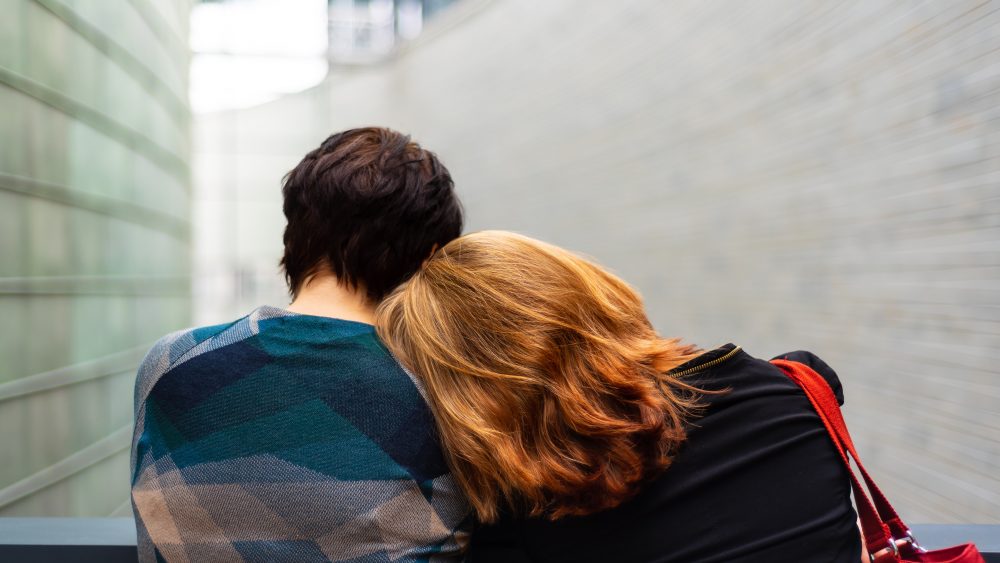The silent sorrow of miscarriage
As social isolation begins to ease and another Mother’s Day comes and goes, I’m reflecting on a different kind of seclusion that remains a steady constant, the silent sorrow of miscarriages.
It wasn’t until my early 20s that I learned how customary it is for women to keep their pregnancies confidential for the entire first three months of gestation and that this was a form of social insurance incase of a miscarriage. I was shocked. I just assumed everyone made their big announcement as soon as they found out and I had no idea how common miscarriages were (about one in four pregnancies will end in the first trimester).
Then in 2018 my husband and I discovered that we’d lost our first pregnancy. I became a part of that very large yet very closeted demographic of women. Strangely, I had to covertly search far and wide for someone to talk to about this with. Because this type of grief is so discreet, I also realised I was far from being spiritually and theologically prepared to navigate this. No one really taught or talked about it at church. Like so many other women, I relied heavily on time and prayer.
Looking back, here’s what I experienced and learned.
The first wave that came over me after the doctor gave us the news was self-blame. “I knew I shouldn’t have gone on that flight to Perth”; “Maybe I shouldn’t have done that swim”; “Were my iron levels too low?”
Then I tried to play it down – “It’s not that big of a deal, I was only seven weeks along anyway”; “Well, we weren’t ready anyway, it probably just wasn’t the right time.”
Then the various types of confusion – “Should I be more sad? I just lost a child”; “Did I just lose a child?”; “Why isn’t my husband displaying any sign of emotion?”; “God?”
Being a millennial, I grew up in the cultural era of health, wellbeing, and a belief in a mind-over-matter type of self-actualisation. Health is a virtue and everyone is on a quest for personal control over their physiques. We eat organic foods, started walking/running for mental health in quarantine, and follow fitness influencers.
Frailty is a lesson everyone will have to deal with at some point in our lives.
Yet there I was at the prime age of 28 faced with the brokenness of my body. For me and many many other women, it’s a seriously confronting moment. Not only did I have to grapple with loss but also accepting that my body failed me and I was living in a cultural and youthful cloud of being in great condition.
But, actually, frailty is a lesson everyone will have to deal with at some point in our lives – the reality that our bodies are feeble. This includes the tiny body of my unborn child. No one is exempt – just ask Boris Johnson, Tom Hanks, and Prince Charles (who all caught COVID-19 despite their positions of power).
Perhaps Mother’s Day is a day where we can lean further into the hope we have in Jesus. If you’re a woman who has silently suffered a miscarriage, or gone through infertility, loss of a child, or if you’re someone who has lost a mother, rest in God’s peace and promise. That he will rescue us from our inadequate condition, resurrect every deceased person, and restore every damaged body back to wholeness. He takes all our brokenness and burns onto himself and says, “Take, eat; this is my body which is broken for you.”
Email This Story
Why not send this to a friend?


